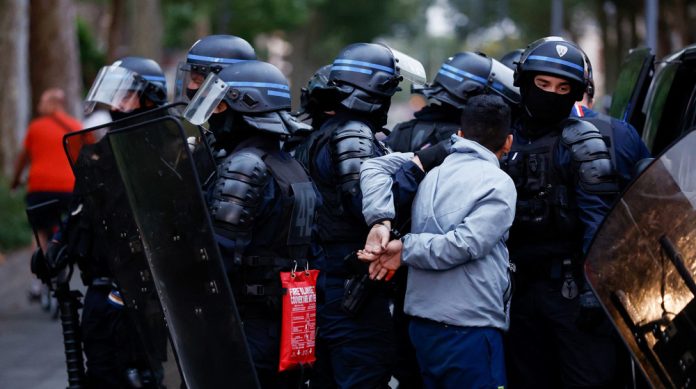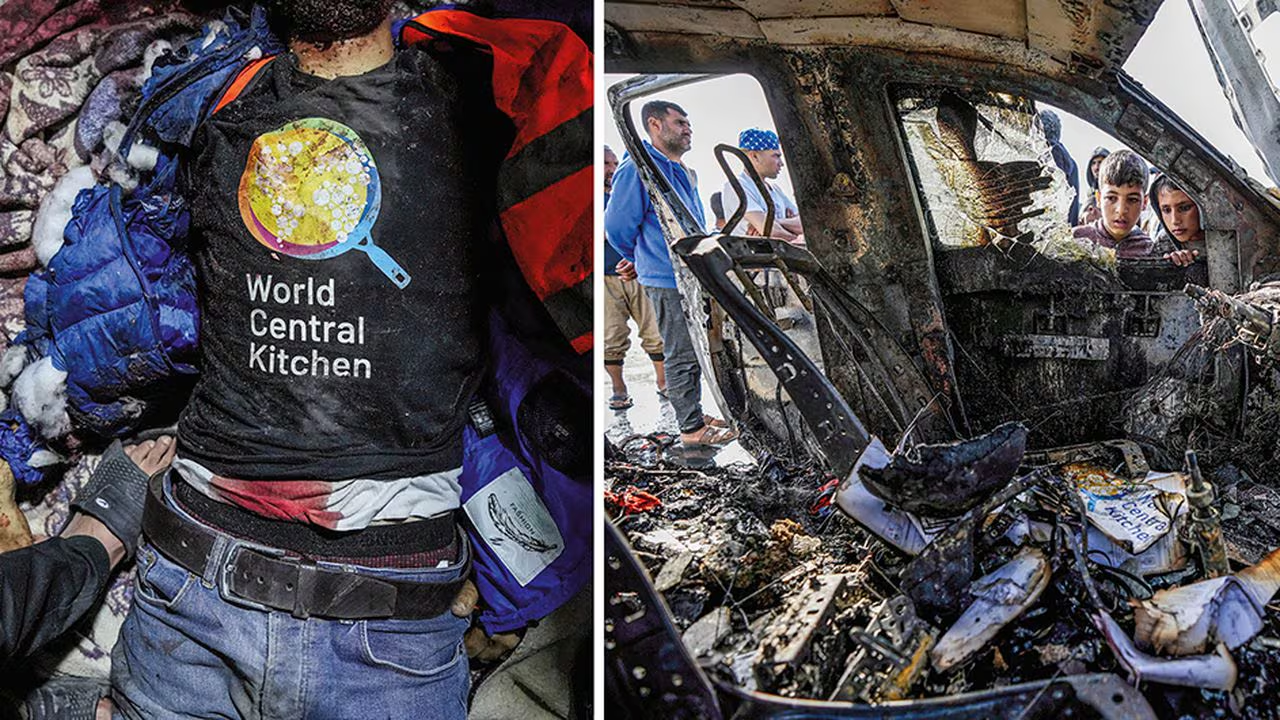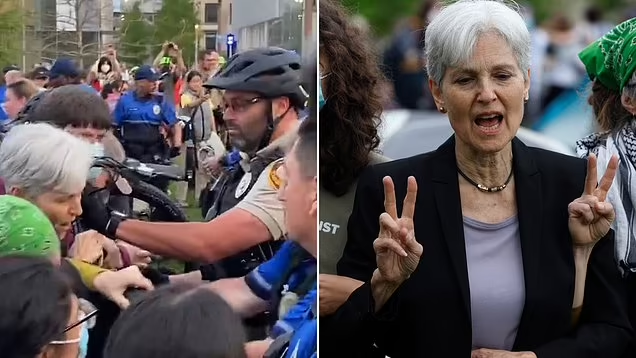In order to put an end to nationwide demonstrations against the police killing of a teenager for a traffic infraction, France sent out 45,000 police and several armored vehicles, and they also detained nearly 1,000 protesters.
Gerald Darmanin, the interior minister, claimed “a much lower intensity” on Saturday during the fourth consecutive night of protest demonstrations compared to earlier days, but announced the overnight detention of 994 additional protesters.
read more: France’s President Emmanuel Macron has scheduled a second crisis meeting
“The next hours will be decisive,” declared Darmanin as he demanded that local authorities halt bus and tram traffic beginning at 9 p.m. Darmanin then ordered the deployment of 45,000 police officers to the streets to quell the raging unrest.
He noted that his forces had detained over 900 people, mostly young people who had participated in the rallies, and estimated their average age to be 17.
He claimed that more than 200 police officers had been hurt during clashes with protesters.
The French minister denounced the “unacceptable violence” in Lyon and Marseille, noting that more than 80 people had been arrested there alone and that “significant reinforcements” had been sent after Marseille Mayor Benoit Payan demanded that the national government immediately dispatch more troops to quell the demonstrations.
Authorities in France asserted that things were a little bit calmer than they had been the previous nights in the nation’s capital, Paris.
Nevertheless, despite a significant deployment of riot police, 120 people were detained in the capital city, which also saw reports of burned trash and violent altercations in the Les Halles neighborhood.
Darmanin pledged, when asked if the government could declare a state of emergency, “Quite simply, we’re not ruling out any hypothesis and we’ll see after tonight what the president of the republic chooses.”
As protests continue over the fatal shooting of Nahel M, a 17-year-old boy of North African descent, who was killed by police at a traffic stop in the Paris suburb town of Nanterre on Tuesday, unrest and clashes have broken out in France.
The tragic event has fueled a long-standing perception of police brutality and systemic racism among law enforcement officials from rights groups and within the low-income, racially diverse suburbs that grew up around major cities in the European nation.
In order to participate in a second emergency crisis meeting in Paris, French President Emmanuel Macron was forced to rush back from an EU summit as violent protests across the country, which were started by the police killing of Nahel, continued for a third night.
The mother of the murdered adolescent, whose unjust death has caused unrest, has charged the policeman who shot her son with racism.
She claimed the 38-year-old officer, who is currently charged with voluntary homicide, was motivated by racism when he “saw an Arab face” and decided to use lethal force rather than other options to deal with her son for his traffic infraction.
According to the mayor of Nanterre, the Paris suburb where Nahel lived and was killed, he will be laid to rest in a ceremony on Saturday. As it was “a day of reflection” for Nahel’s family, the family’s attorneys asked journalists to refrain from reporting.
The most recent unrest has brought back memories of the riots that shook France for three weeks in 2005, forcing then-President Jacques Chirac to issue a state of emergency.
The United Nations has already issued a warning to France about police brutality, stating that Paris must address serious issues of racial discrimination among French law enforcement personnel.












